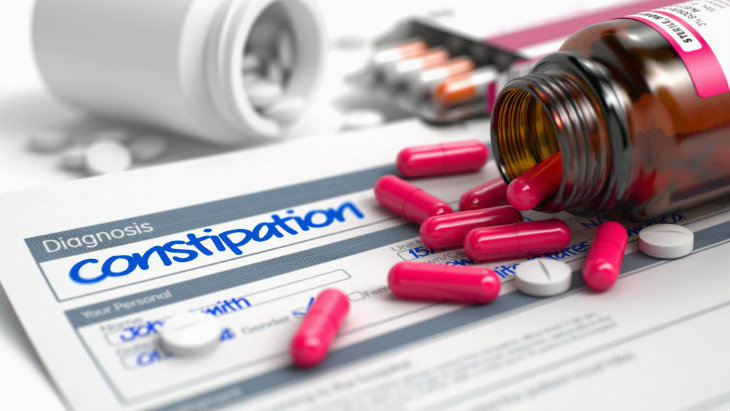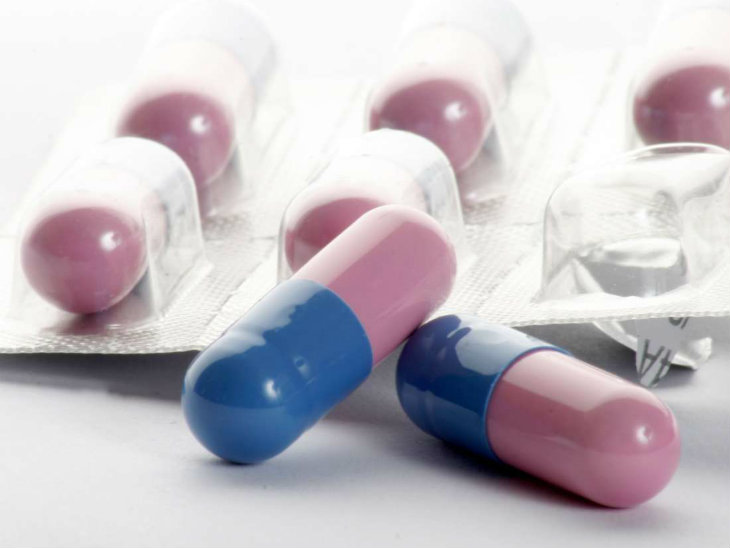08
Jul

Do you often feel bloated and uncomfortable? Do you feel like you don’t defecate as much as you should? Don’t be embarrassed. There are plenty of people who deal with constipation on a regular basis. Women are usually the most frequent constipation suffers which may be a result of the slower movement of food through a woman’s intestines, as well as the effects of female hormones on the Gl tract. If you are constipated, it’s usually because there is not enough water in your stool, which is an issue that happens when you don’t drink enough fluids. For those who are not sure, constipation is a condition that causes one to less than three bowel movements on a weekly basis. Also, the feces are small, dry and hard, making them painful and difficult to pass.

Source: holistickenko
In addition to a digital rectal exam and physical exam, doctors may use some other procedures and tests in order to diagnose chronic constipation. For instance, the doctor may require a blood tests as to check certain systemic conditions like high calcium levels or low thyroid function. An X-ray can help the doctor determine whether your intestines are blocked or whether there is stool present throughout the colon. Also, an examination of the rectum and lower or sigmoid colon is another procedure that may be recommended as well as an examination of the rectum and entire colon.
Evaluation of anal sphincter muscle function, evaluation of anal sphincter muscle speed and evaluation of how well food moves through the colon are additional exams which your doctor may decide to make in order to find the cause of your constipation. There’s also the option of doing an X-ray of the rectum during defecation or MRI defecography. Once done with testing, depending on the results, the doctor will probably recommend some of the following constipation medicine.

Source: drvpareek
There are a lot of different constipation medicine types and although they share a goal, the approach of each one is different.

Source: Pinterest
In case none of the over-the-counter constipation solutions can help you, the doctor may recommend taking a prescription medicine.

Source: news-mail
Depending on the severity of your condition, you may not even need to take any medication. The doctor may recommend some changes in your diet and lifestyle in order to relieve your constipation. How to get rid of constipation without medicine?
Other treatments for chronic constipation are training your pelvic muscles. This training involves working with a therapist who uses devices to help you learn to relax and tighten the muscles in your pelvis which with time can help you pass stool more easily. The last solution is surgery which might be an option if you have tried all other treatments and nothing worked or if your constipation is caused by rectocele, stricture or blockage. The surgical procedure for this involves removing a small part of the colon while removing the entire colon is extremely rarely necessary.